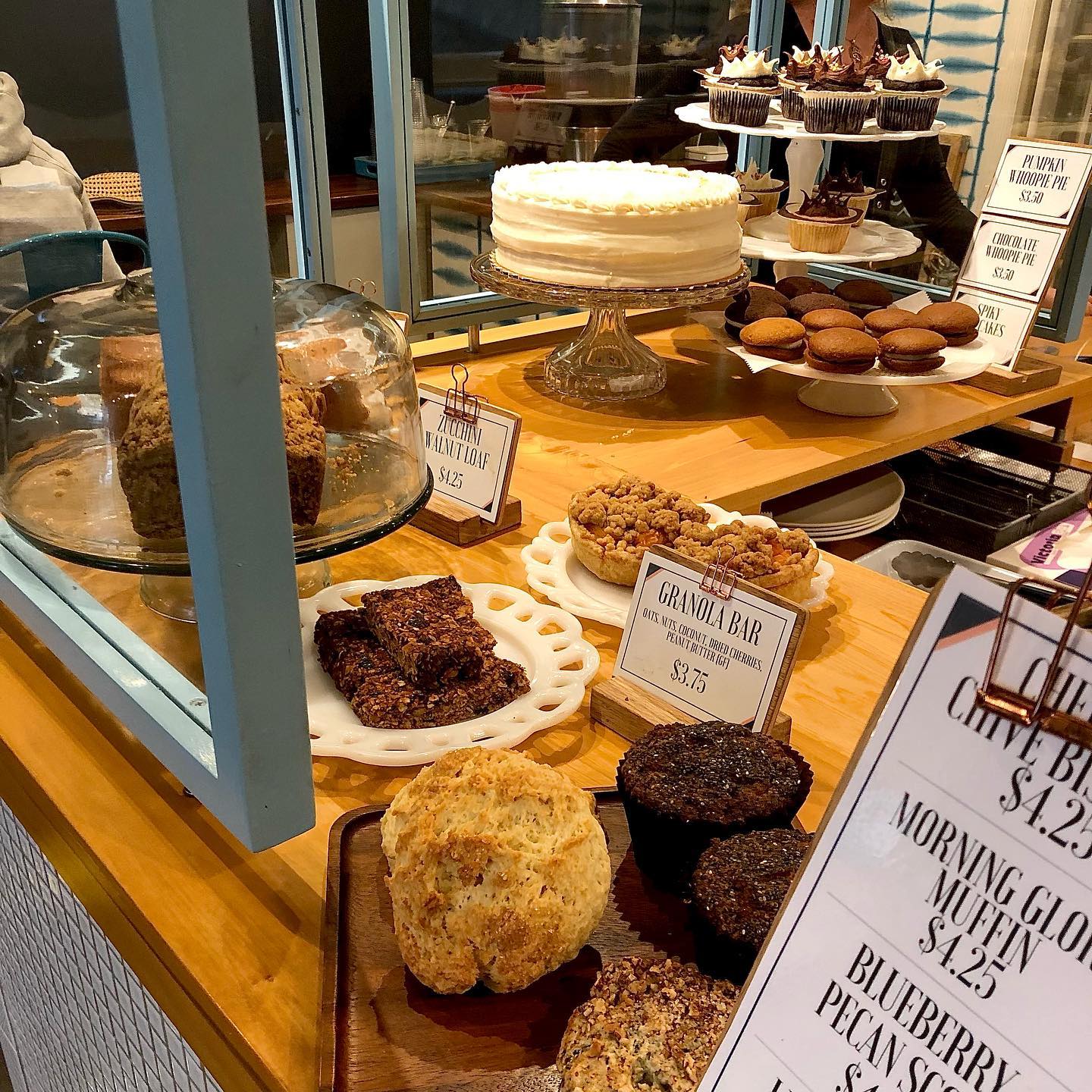
How Search Shapes Our World
I have this fantasy of producing a physical book of my personal essays and photos, and selling it at brick and mortar stores. Since my career has never involved any physical products, I have a yearning for creating an object I can hold in my hands. So, I have been talking to some writer friends about this idea. Last week, I went to see a writer/journalist friend Anne Kadet in her neighborhood in Brooklyn. She has a knack for finding strange things and conducting strange experiments, like what would happen if you ate dog food for a week. She has written for a variety of publications, most notably the Wall Street Journal. She just started a newsletter on Substack called Cafe Anne.
While talking to her, it occurred to me that the Internet has no good mechanism to find writings like hers. Google search is optimized for finding answers to your questions. Even when you don’t add a question mark at the end, you are implicitly asking a question. “Find me funny essays about strange things” isn’t going to put Anne’s work anywhere on the result pages. In fact, I would not even know how to frame the question.
For content not intended to answer any questions, we rely on social media. If you follow enough people who share similar tastes, you won’t miss anything buzzworthy. Google and Facebook are complementary in this sense. But social media as a discovery tool works only for specific types of content. Firstly, it has to be timely. You don’t see, for instance, people posting Dostoevsky’s Crime and Punishment, saying, “Hey, this is great stuff. You should check it out.” Secondly, it has to be capable of producing dopamine quickly. If it takes too long to consume it or too much mental energy to comprehend it, it won’t go viral. On social media, if something doesn’t go viral, it goes nowhere. This means we have a gaping hole in our content consumption.
The best example of content that falls into this hole is probably poems. How would you find poems you like? If you already know that you like Walt Whitman, you can search his name, and Google will give you plenty of answers, but what if you want to discover new poets? Unless you know a lot of poets who share poems on Facebook or Twitter, it’s not likely that you’d see them on social media either.
You can go to Amazon and search for Walt Whitman, and then browse through “Customers who bought this item also bought,” but at this point, you are going outside of the Internet; you’d be buying a book. I’m sure there are countless poems on the Internet, but how do you find the ones you like?
When I searched on Google for “find poems I like,” the top of the search result was a directory of poems on Poetry Foundation. All that Google did was relegate the job to someone else, and guess what? Poetry Foundation has the same problem. It allows you to search by topic (love, nature, Christmas, etc.), form (ballad, haiku, free verse, etc.), school (Middle English, Renaissance, Romantic, etc.), and region (Asia, France, Russia, etc.), but these won’t get us any closer to poems we would love, as there are plenty of poets we would hate under each of those criteria.
In the early days of the Internet, when search engines weren’t very sophisticated, people casually browsed through the web to see what they might find. In fact, the term “browser” came from the fact that we used to browse the web as we browse at department stores without the need to buy anything specific. Who “browse” the web these days? There was even a site called StumbleUpon which randomly directed you to noteworthy web pages. My personal essays used to get a lot of visitors from there. Not anymore. Only the articles that function as answers to questions get traffic from Google.
However, the real problem isn’t the lack of tools, but how this lack influences our behavior and shapes our worldview, that is, how it changes us. Because we all have only 24 hours in a day, we end up filling it with what we can easily access. Given that there is far more content on the Internet than we can possibly consume in our lifetime, we do not go out of our way to consume content that is hard to find. Instead, we fill our day with either the answers to our questions or with viral memes. There is no time for poetry in our lives.
While sipping on tea with Anne on the sidewalk, a composer I know, Alec Hall, stumbled on us. Incidentally, his music falls in that gaping hole, too; it’s not a type of music you can find by asking a question or through viral sharing.
What we know about the world is being shaped by the tools available for discovery, and it has changed dramatically since the advent of the Internet, Google search, and social media, which proves once again that the medium is the message.
Subscribe
I will email you when I post a new article.


